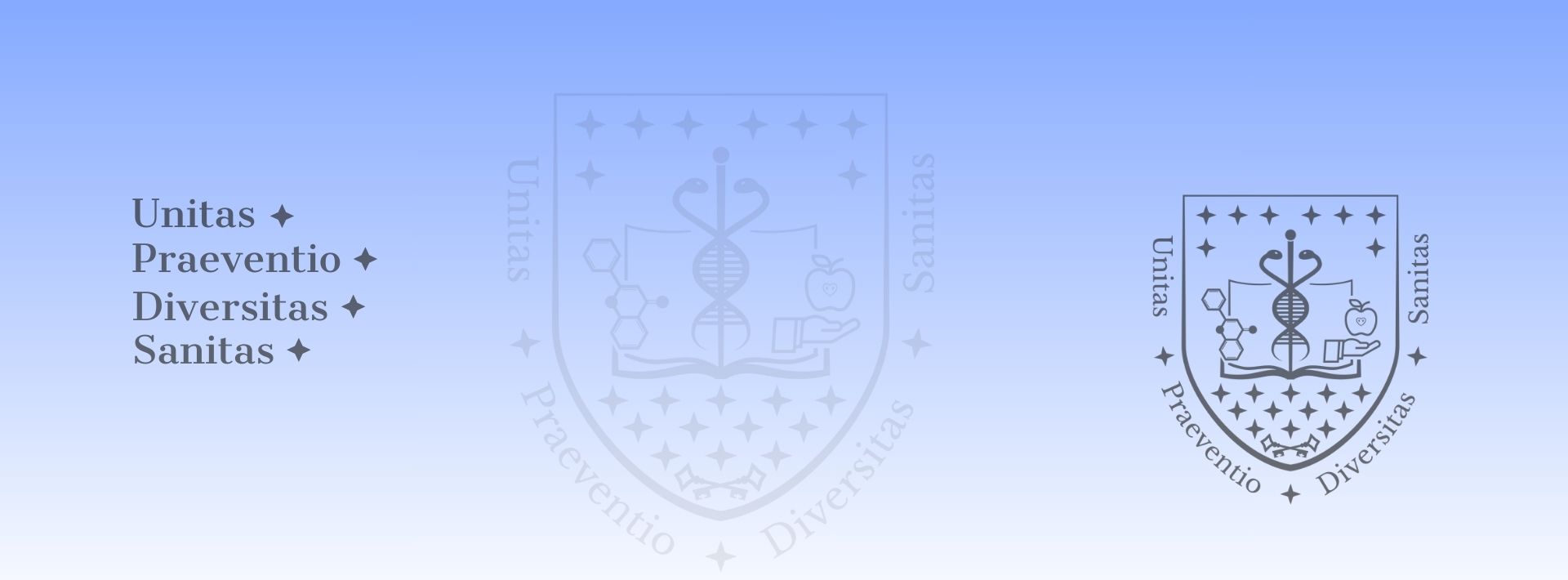Data
Official data in SubjectManager for the following academic year: 2024-2025
Course director
-
Varjas Tímea
assistant professor,
Department of Public Health Medicine -
Number of hours/semester
lectures: 12 hours
practices: 0 hours
seminars: 0 hours
total of: 12 hours
Subject data
- Code of subject: OPE-BEE-T
- 1 kredit
- Pharmacy
- Elective modul
- both
-
Course headcount limitations
min. 5 – max. 20
Available as Campus course for . Campus-karok: ETK GYTK
Topic
During the semester students are acquainted with the basics of epidemiology and epidemiological studies frequently used in scientific literature. With this knowledge one can easily elucidate and interpret scientific publications.
This course was established especially for pharmacist and dentist students.
Lectures
- 1. The concept of epidemiology - Szabó István (Népeg)
- 2. The historical context - Szabó István (Népeg)
- 3. Epidemiology and public helath - Szabó István (Népeg)
- 4. Achievments in epidemiology - Szabó István (Népeg)
- 5. Measuring health and disease - Szabó István (Népeg)
- 6. Epidemiological studies - Szabó István (Népeg)
- 7. Epidemiological studies - Szabó István (Népeg)
- 8. Epidemiological studies - Szabó István (Népeg)
- 9. Potential errors in epidemiological studies - Szabó István (Népeg)
- 10. The concept of Evidence Based Medicine - Szabó István (Népeg)
- 11. Basic epidemiological calculations - Szabó István (Népeg)
- 12. Analyzis of selected scientific publications - Szabó István (Népeg)
Practices
Seminars
Reading material
Obligatory literature
Literature developed by the Department
PPT-presentations (Neptun)
Notes
Recommended literature
Conditions for acceptance of the semester
Absences should not exceed 15% of lectures and practicals (2x45 min). Otherwise signature of grade book is denied.
Mid-term exams
Examination: written test
Making up for missed classes
Based on individual consideration
Exam topics/questions
Neptun
Examiners
Instructor / tutor of practices and seminars
- Szabó István (Népeg)
